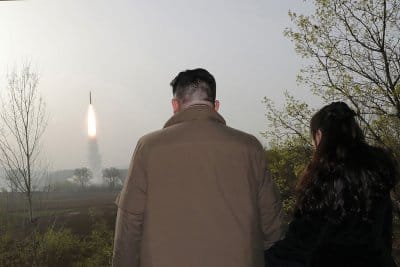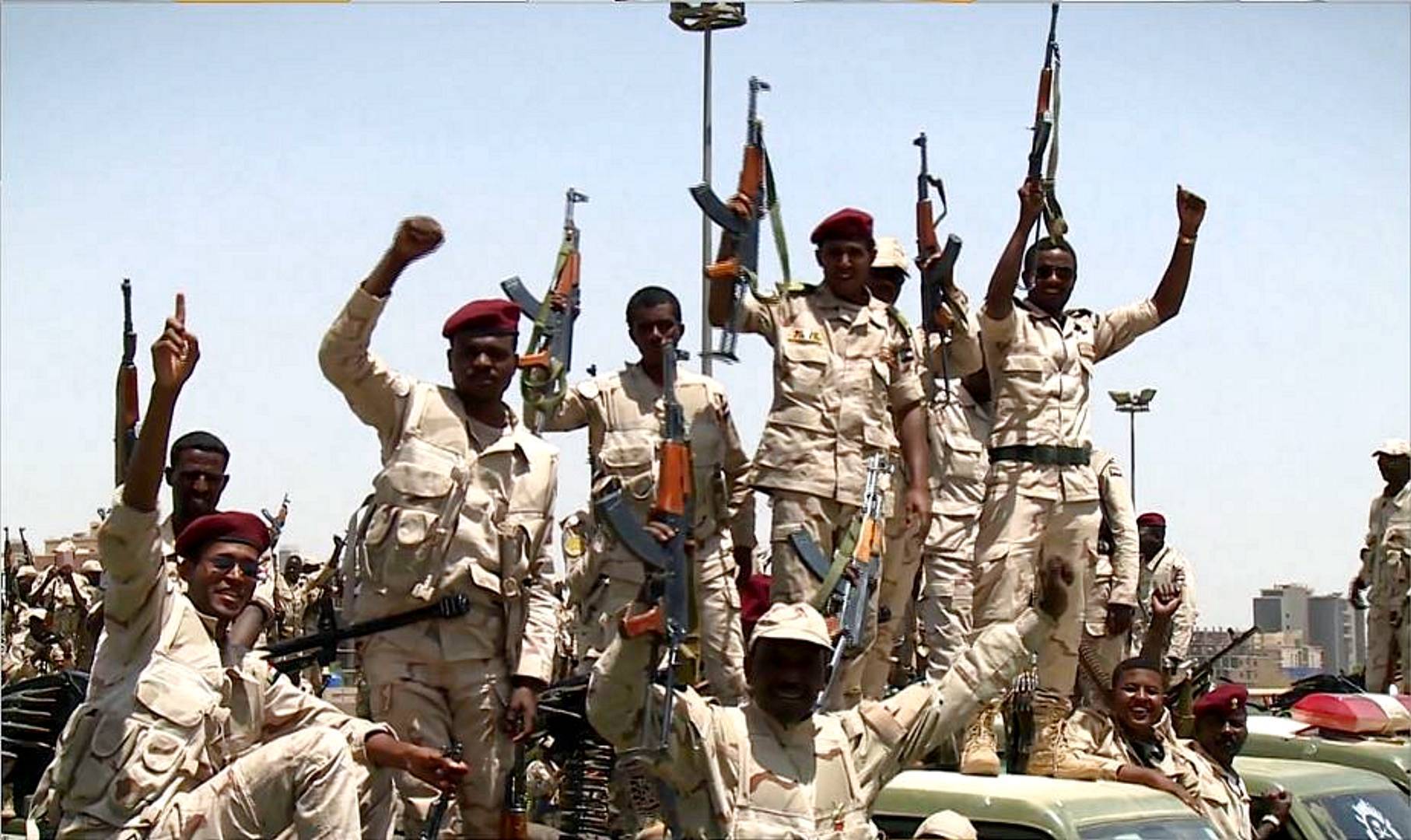North Korea says nuclear weapons status ‘irreversible’

SEOUL, Sept. 15 (UPI) — North Korea said Monday that its status as a nuclear weapons state is “permanently specified” by law and “irreversible” in a statement condemning the United States’ latest call for denuclearization.
The statement came in response to remarks by interim Charge d’Affaires Howard Solomon of the U.S. Mission to International Organizations in Vienna at a meeting at the International Atomic Energy Agency last week.
On Tuesday, Solomon expressed concern over the North’s “destabilizing weapons of mass destruction and ballistic missile programs.”
“We remain committed to the complete denuclearization of North Korea,” Solomon said.
The North’s permanent mission to the U.N. office in Vienna called the remarks a “grave provocation.”
“We strongly denounce and reject the U.S. provocative act of revealing once again its invariable hostile intention against the Democratic People’s Republic of Korea … and express serious concern over the negative consequences to be entailed by it,” the mission said in a statement carried by state-run Korean Central News Agency.
The Democratic People’s Republic of Korea is the official name of North Korea.
“The position of the Democratic People’s Republic of Korea as a nuclear weapons state which has been permanently specified in the supreme and basic law of the state has become irreversible,” the mission said.
The mission also claimed that the IAEA has “no legal right and moral justification” to interfere in the North’s internal affairs, pointing out that Pyongyang has not had official relations with the nuclear watchdog for over 30 years.
North Korea withdrew from the IAEA in 1994 after a standoff with the United States and the agency over nuclear inspections.
The North passed a law declaring itself a nuclear-armed state in 2022 and later amended its constitution to enshrine the permanent growth of Pyongyang’s nuclear arsenal.
In recent years, the country has repeatedly dismissed the notion of restarting dialogue or denuclearization talks with the United States and South Korea.
Last week, North Korean leader Kim Jong Un oversaw the test of a new solid-fuel engine for intercontinental ballistic missiles and said it “heralds a significant change in expanding and strengthening the nuclear strategic forces of the DPRK.”
